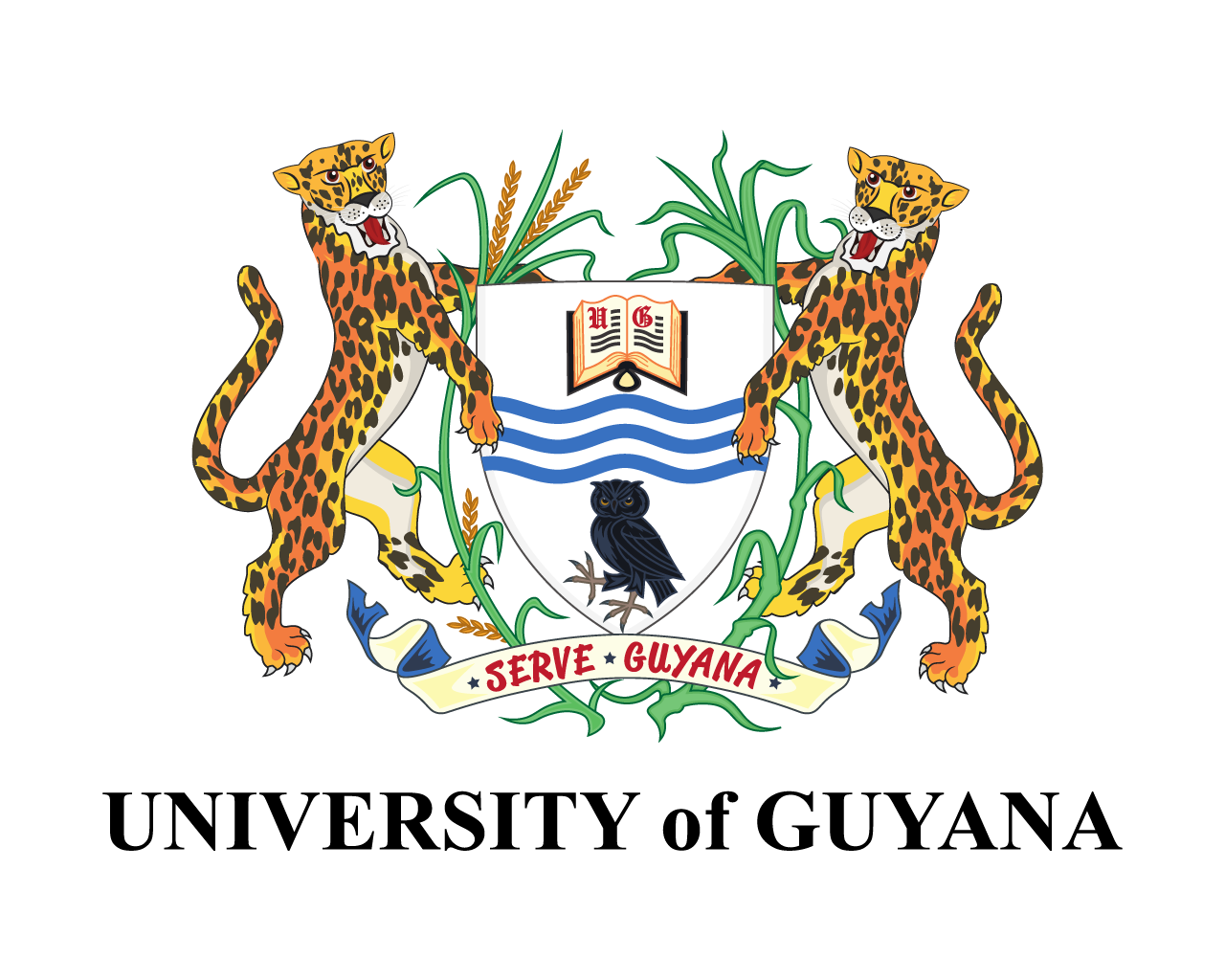
From School Gangs to the Helm of Student Leadership: Shaquawn Gill Set to Walk UG’s Graduation Stage in November
Monday, October 28, 2024 - 13:45Shaquawn Gill’s journey to success is far from ordinary. He rose from being a teenager involved in school gangs to becoming a student leader at the University of Guyana. This young media practitioner will be among the more than three thousand graduands set to walk the graduation stage when the nation’s premier tertiary institution hosts its Convocation ceremonies in November.

Shaquawn Gill, former UGSS president, is set to graduate with a Bachelor’s Degree in Communication Studies in November.
However, Shaquawn’s path to success was anything but straightforward. His story is one of determination, sacrifice, hard work, and a clear understanding of what it takes to succeed. Born in The Bahamas to Guyanese parents, Shaquawn spent the first ten years of his life there before moving to Guyana in 2012—a transition that came as a cultural shock. "The change of environment was tough. The accent was different, and I wasn’t used to how Guyanese people speak. I stood out, which made it hard to fit in," he recalls.
Despite the challenges, Shaquawn was determined to adapt. During his early high school years, he joined a school gang ironically named “Bad Example” in an effort to fit in and feel protected from older students. "I was in first form, hanging around third- and fifth-formers because I thought they would protect me. But it wasn’t just about safety—it was about belonging," he explains. His parents remained unaware of his involvement until he brought home a small packet of marijuana one day. "My mother didn’t beat me; she cried. It was the first time I saw her cry, and it hit me hard. I realised the pain I caused her, and that changed my perspective."
In addition to the challenges with “Bad Example,” Shaquawn encountered another hurdle—his school’s strict hairstyle policy. "They made me stand outside the office instead of going to class because my hair was too high," he recalls. But Shaquawn didn’t let the matter slide. He researched the policy, developed arguments against it, and passionately presented his case to teachers, pointing out that the rule was outdated and stifling. His persistence caught the attention of a teacher who recognised his ability to articulate and defend his position. "She saw potential in me and invited me to join the debating team."
Debating became a turning point in Shaquawn’s life. He discovered a passion for expressing his views on personal causes and assigned topics. "Debating helped me understand different perspectives, even those I didn’t personally agree with," he explains. His team went on to win several championships, including one against Queen’s College—a proud achievement for him.
Shaquawn’s passion for service and leadership continued to grow as he became involved with the Rights of the Child Commission, serving first as a youth ambassador and later as a senior ambassador. Through this role, he engaged with prisoners, nurses, and diverse communities across Guyana, gaining invaluable exposure to people from all walks of life.
Motivated by the desire to create meaningful change, Shaquawn saw the University of Guyana Student Society (UGSS) as the perfect platform to advocate for student interests. A conversation with former UGSS president Jafar Gibbons, whom he knew through basketball, further inspired him by highlighting gaps in student representation.
As UGSS president, Shaquawn worked alongside a dedicated team to improve student life during a time of transition and uncertainty. "We didn’t just focus on academic policies; we wanted to make everyday life easier for students," he explains. One of their first major initiatives was the creation of a student complaint system, enabling students to raise concerns online. "We built a website where students could report issues, and their concerns would be immediately forwarded to the relevant authorities. If they didn’t receive a response within three days, they were given the phone numbers of every UGSS executive—including mine," he says. "It was about holding ourselves accountable and ensuring no student felt ignored."
The UGSS team also prioritised the revitalisation of extracurricular activities. "We put special effort into rebuilding the basketball team, which I had to step away from due to my responsibilities as president. But I was proud to see the team thrive and win championships, even competing internationally," he notes. His administration also emphasised debating, sending two UG teams to the Speaker’s Parliamentary Debating Competition—one of which advanced to the semi-finals. "We showed that UG students have the talent to compete on national and international stages," he adds proudly.
Recognising the challenges faced by international and hinterland students, Shaquawn’s team developed a digital guide to help them navigate life in Georgetown. "The guide included everything from reliable taxi services and food options to housing and laundry services," he explains. Additionally, the UGSS collaborated with the private sector to secure discounts for students, such as the student plan with the then GTT, now rebranded as One Communications.
Reflecting on his academic journey, Shaquawn credits the Communication Studies programme at UG for laying a strong foundation for his professional growth. He also commends the lecturers for their compassion and flexibility. "Tertiary education is one of the safest paths to success," he says. "I know some people argue that you don’t need a degree to succeed, but education is a powerful tool that can open doors and break the chains of poverty. With tertiary education becoming more accessible, there’s no reason not to take advantage of it."
As he prepares to graduate with a Bachelor’s Degree in Communication Studies, Shaquawn remains committed to inspiring others, encouraging them to pursue education, and reminding them that every small step toward helping others is a step toward fulfilling their purpose.
